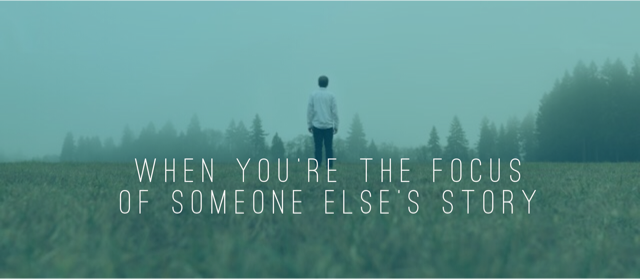
Much of The Stories We Tell Ourselves focuses on you as an individual. I outline multiple ways for readers to stop telling themselves made-up stories based on inaccurate, faulty, hoped-for versions of reality.
As I often remind my clients, the only thing you really have control over is yourself, so learning how to change yourself will change your relationships. Thus my singular focus on how we can all learn to do better when it comes to allowing our fabricated stories to rule our lives and relationships.
But what if you’re the focus of someone else’s made-up story?
What if you’re suffering the injustice of being treated poorly based on someone else’s inaccurate perception of you or the troubling situation at hand? I briefly touch on that in the book in Chapter 12:
At this point, you have to decide whether to base your stories about them on facts or fear. Ask yourself, “Is what I believe about the other person right now based on the best information I have, or is it based in fear that they still don’t accept me?” Become aware of whether or not your emotions and cognitive thought are in balance to where you are not overtaking the other in terms of swaying your opinion about that person. When a person does not seem to be relating to you well, you must decide how much power and energy you want to give to that person, both in the moment and in the minutes, days, and months after that moment. If you find yourself getting frustrated by their inability to connect, press pause on your stories until more information can be learned or the other person has a change of heart.
Unsurprisingly, the key to combatting someone else’s false story is to refuse to play the same game. Don’t let your possible misperception of the other person continue to negatively affect the relationship. Healthy relationships learn how to see each other for who the other person really is, not for who they want them to be.
Leave a Reply